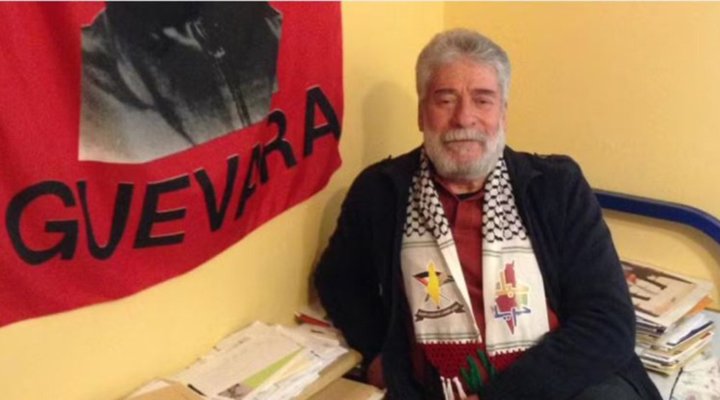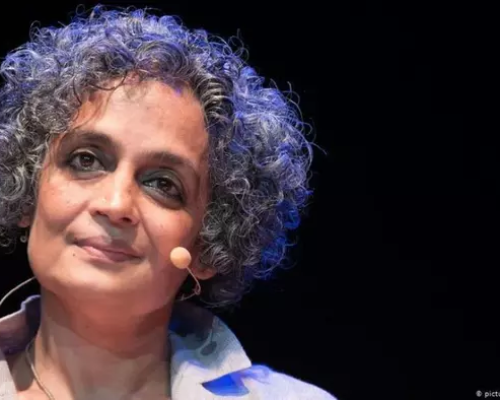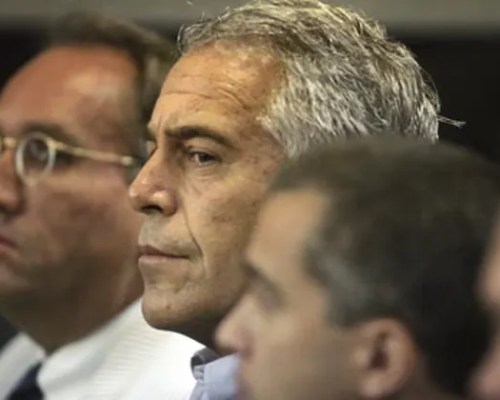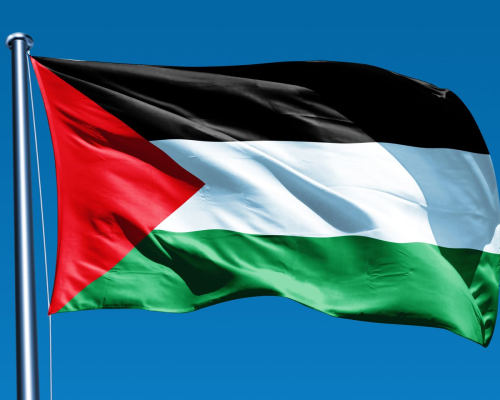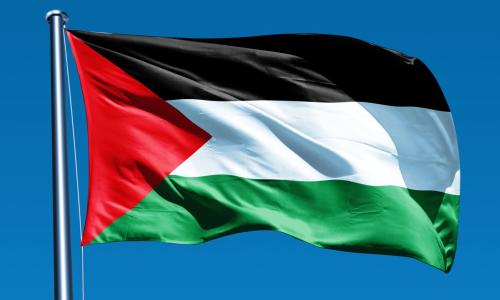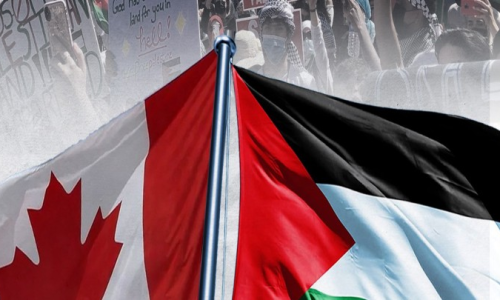By: Taghreed Saadeh
After a long wait that lasted more than forty years, a court in Paris has issued a decision to release the Lebanese activist Georges Ibrahim Abdallah, who spent many years in French prisons because of his political stances regarding Palestine and his opposition to occupation.
Several months before the events of October 7, 2023, I had the honor of being a member of the Canadian Committee for the Defense of Georges Abdallah. We organized campaigns and events to raise awareness about his just cause in Canada and to pressure for his release.
With the outbreak of the events on October 7, the committee shifted its focus to broader support for the Palestinian cause, which had always been at the heart of Abdallah’s struggle and mission.
The decision to release Abdallah is not just a legal step, but the beginning of a new chapter for a man who remained steadfast and committed to his beliefs despite all the challenges.
Georges Abdallah was born in the town of Qoubaiyat in northern Lebanon in 1951, into a Maronite family. From an early age, he was engaged with the complex political realities that gripped Lebanon and the region, particularly during the outbreak of the Lebanese Civil War and the intensification of regional conflicts.
He joined Marxist leftist movements, influenced by nationalist and liberation ideologies. He was one of the founders of the “Lebanese Armed Revolutionary Factions,” a small Marxist-Leninist group that emerged during the Lebanese Civil War and was directed against Israeli occupation and American support for Israel.
Abdallah collaborated with the Lebanese Communist Party and the Popular Front for the Liberation of Palestine, believing that Palestinian resistance was the beating heart of the struggle against colonialism and oppression.
In 1984, Georges Abdallah was arrested in France on charges related to the assassinations of American and Israeli diplomats. These accusations sparked widespread controversy regarding their credibility and the political motives behind his arrest. In 1987, he was sentenced to life in prison, yet remained incarcerated far beyond the original sentence, due to political pressure from countries like the United States and Israel.
Throughout his long imprisonment, Abdallah endured harsh conditions in French prisons, including isolation and disconnection from the outside world, as well as being denied many of his basic rights. Despite these hardships, he remained committed to his political convictions, refusing offers of parole or conditional release that required him to renounce his beliefs.
During his time in prison, Abdallah sent messages to the outside world through supporters and lawyers, expressing his steadfastness and belief in the Palestinian cause and in the right to resist occupation.
Georges Abdallah was not just a political prisoner—he was a symbol of unwavering commitment to the principles and values he fought for. He rejected all offers of pardon, insisting that accepting them would mean abandoning his cause and deeply held convictions in liberation and resistance.
He was always outspoken in his opposition to Israeli occupation, expressing full solidarity with the Palestinian people and their legitimate struggle to reclaim their national rights. He also harshly criticized Western policies in the Arab region, particularly the roles of the United States and France in supporting occupation and interfering in Arab affairs.
Furthermore, Abdallah expressed his disappointment in some Arab regimes that chose normalization or adopted policies that compromised national rights, emphasizing that resistance and dignity are the only path to freedom.
His letters and stances from inside prison inspired many activists and political groups in Lebanon, Palestine, and the Arab world, turning him into an icon of political struggle and resistance.
His case also had wide resonance on the international stage, with numerous human rights organizations adopting advocacy campaigns on his behalf, recognizing him as a political prisoner of conscience who should be released. This helped bring attention to the issue of political prisoners in Western prisons.
The French court’s decision to release Georges Abdallah was met with broad approval from various parties, particularly in Lebanon and Palestine. The Lebanese government welcomed the decision, calling it a positive step toward justice. Lebanon’s Hezbollah expressed its support, describing the release as a victory for the cause of resistance and struggle.
In Palestine, several factions—including the Popular Front for the Liberation of Palestine, Hamas, and Islamic Jihad—welcomed the decision, considering Abdallah a symbol of Palestinian resistance and of the rights of prisoners and political detainees.
In addition, Arab and Palestinian intellectuals and human rights organizations in Lebanon and across the Arab world expressed their support, describing Abdallah as a political prisoner who deserves freedom and justice.

